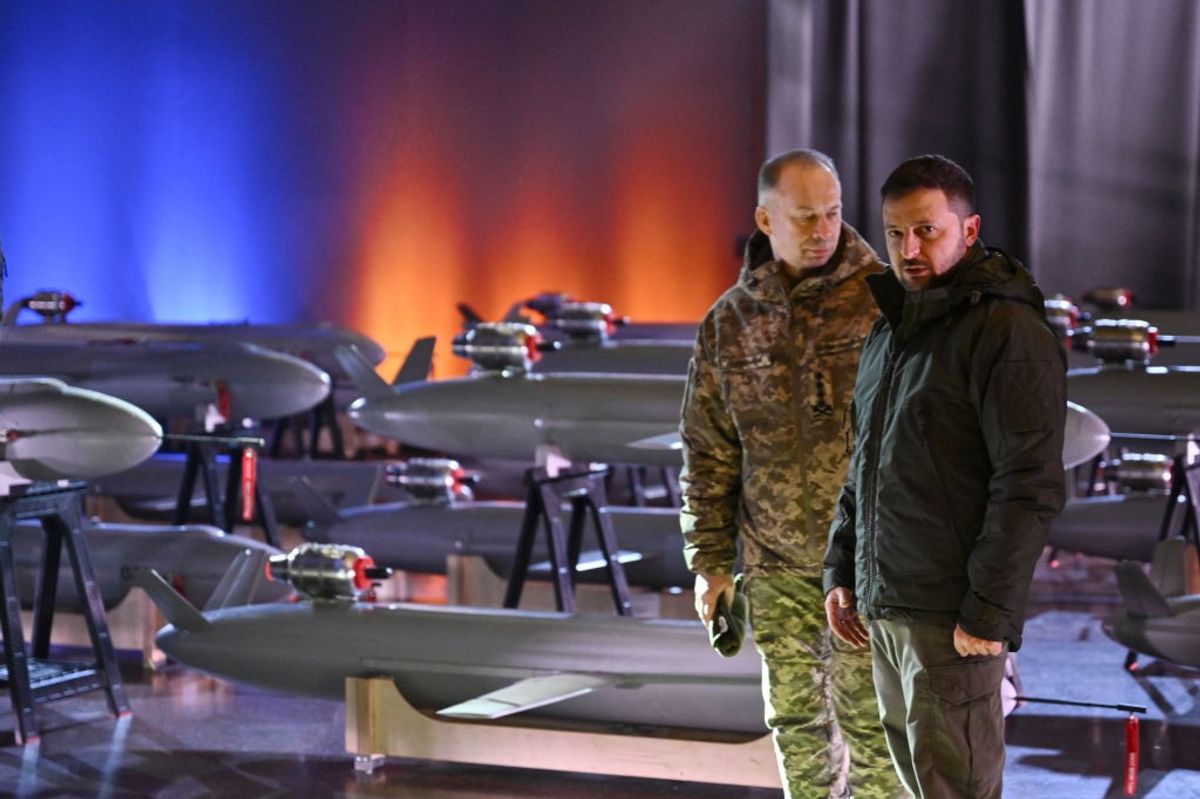Bottom Line Up Front
- Last week, members of the Afghan Taliban along with Afghan politicians and power brokers met in Moscow to discuss the contours of a potential peace deal for the war-ravaged country.
- Representing the Taliban was one of the group’s original co-founders, Abdul Ghani Baradar, who offered support for a negotiated political settlement.
- One of the main issues is the withdrawal of American troops from Afghanistan, where the U.S. currently maintains approximately 14,000 troops.
- Russia, mostly through its military, has grown more engaged globally as it seeks to take advantage of power vacuums created by Washington’s withdrawal from key geopolitical areas.
Last week, members of the Afghan Taliban along with Afghan politicians and power brokers met in Moscow to discuss the contours of a potential peace deal for the war-ravaged country. Notably lacking, though, were any current members of the Afghan government. Other negotiations have continued in Doha, Qatar, even as the Taliban has consistently pursued a strategy of 'fight and talk:' pursuing political negotiations while the insurgents simultaneously increase attacks throughout the country. This renewed wave of violence includes three times as many attacks launched against schools, according to the United Nations Agency for Children (UNICEF). Part of the militants’ strategy is to demonstrate to the Afghan people that the Afghan government, the Afghan National Security Forces, and the U.S. military are all incapable of protecting them and keeping the country stable.
Representing the Taliban was one of the group’s original co-founders, Abdul Ghani Baradar, who offered support for a negotiated political settlement. Baradar was released from a Pakistani prison in 2018 at the behest of Zalmay Khalilzad, the Special Representative for Afghanistan Reconciliation at the U.S. Department of State. Khalilzad views Baradar as a legitimate voice representing the Taliban, and one he hopes he can connect with to reach an enduring settlement that ends the decades-long bloodshed in Afghanistan. After over 17 years of fighting in Afghanistan, the U.S. appears to have little leverage as it attempts to craft an exit strategy that will allow Washington to claim a modicum of victory.
One of the main sticking points is the withdrawal of American troops from Afghanistan. The U.S. currently maintains approximately 14,000 troops in the country. In an effort to attenuate American influence in the region, Russia has seized upon the narrative of a U.S. troop withdrawal, highlighting the issue in its recent talks with the Taliban’s fourteen-member delegation. U.S. President Donald Trump has repeatedly expressed his reluctance for American troops to remain in Afghanistan indefinitely and has instructed members of his administration to move aggressively to cobble together an agreement that could accelerate a U.S. drawdown.
Despite the historically fraught relationship between Afghanistan and Russia, particular since the Soviet invasion of Afghanistan and ten-year occupation from 1979 to 1989, Moscow has led a renewed charm offensive in the country. The Kremlin even recently built a new cultural center in Kabul, Afghanistan’s capital. Becoming more involved in the future of Afghanistan is part of Russian President Vladimir Putin’s overarching strategy to reassert Moscow’s influence on the world stage. From Venezuela to Syria, Russia, mostly through its military, has grown more engaged as it seeks to take advantage of power vacuums created by Washington’s withdrawal from key strategic geopolitical areas.












